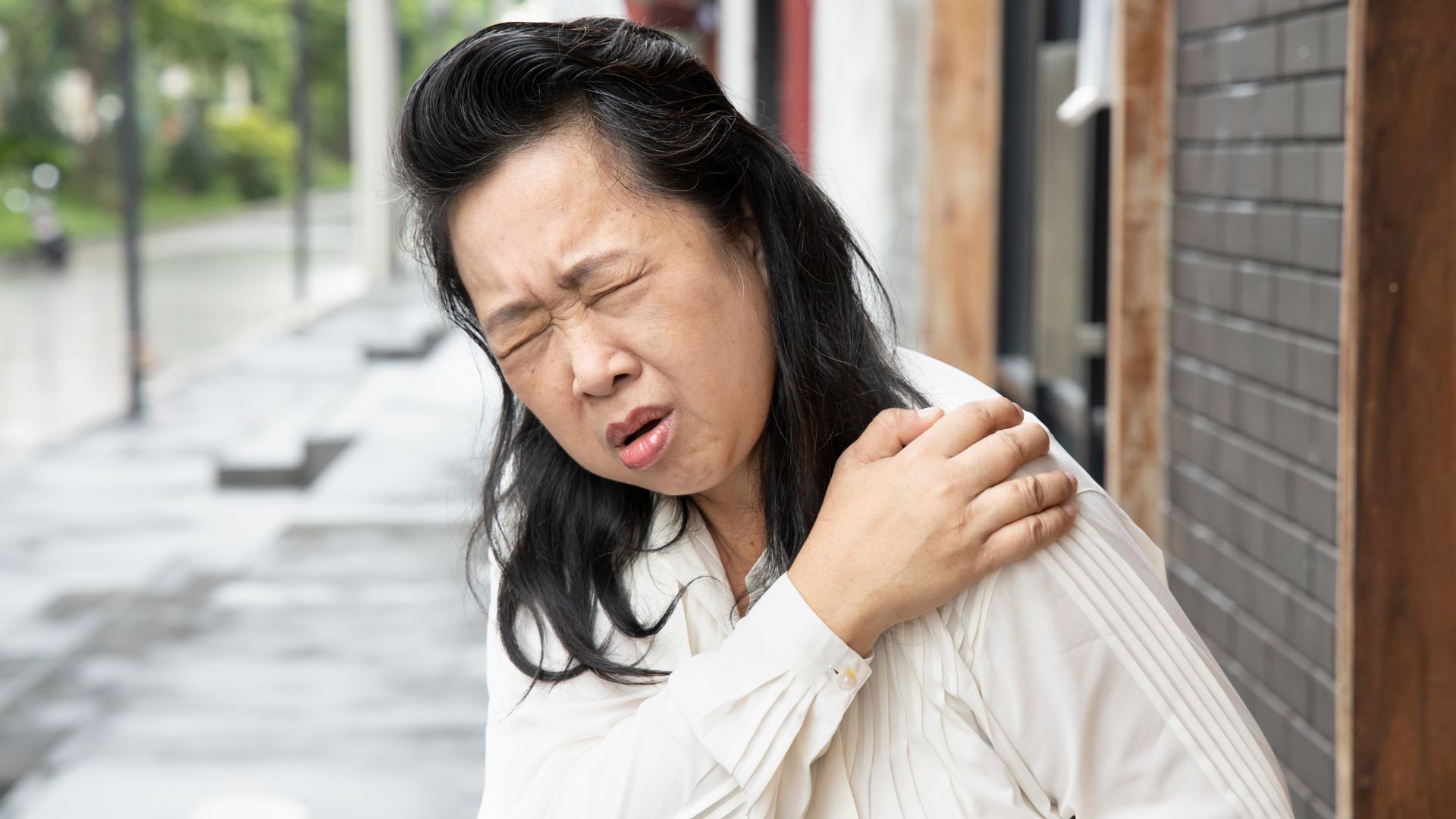
CONTENTS
Cervical cancer is cancer of the cervix, which is the lower part of the womb that connects to the vagina.
It is the 4th most common cancer in women globally. In 2020, there were >600 000 new cases and >300 000 deaths from it. In Singapore, current estimates indicate that 309 women are diagnosed with cervical cancer every year, and 172 die from the disease. It is the 11th most frequent cancer among women locally, and the 5th most frequent cancer in females aged 15-44. Most cases are diagnosed in the ages 35-49.
The Human Papillomavirus (HPV) plays a role in causing most cervical cancers, with HPV strains 16 and 18 accounts for the majority. HPV is transmitted through sexual contact. Usually the body’s immune system prevents it from causing harm. However, the virus may survive in a minority of cases, and this can lead to the development of cervical cancer.
The silver lining is, cervical cancer is highly preventable through screening and vaccination. Early detection with early treatment also shows good outcome.
Cervical Cancer Screening
There are 2 ways to screen cervical cancer: Pap test and HPV test. Both screening techniques involves inserting a speculum into the vagina, to obtain samples from the cervix.
The current guideline in Singapore recommends females, aged 25-69, who have previously engaged in sexual intercourse undergo regular screening for cervical cancer. Singaporeans and PRs can enjoy a subsidised rate at participating CHAS clinics via Screen for Life (SFL). The Pap test is recommended for females who are <30 years old, and HPV test for those aged 30 and above.
If the result is normal, the pap test can be repeated 3 years later, whereas HPV testing can be done 5 years later.
What is the difference between the Pap test and HPV test?
The Pap test looks for abnormal cells in the cervix. Not only does it pick up any cancerous cells, it also detects pre-cancerous changes.
The most common abnormality in a Pap test is known as ASCUS (Atypical Squamous Cell of Undetermined Significance), where the cells do not look completely normal and will require further investigation and monitoring. The condition is usually benign.
ASCUS may be caused by several reasons such as sexually transmitted diseases, vaginal yeast infection, low hormone levels in postmenopausal women etc. HPV infection, the predominant cause of cervical cancer is another possibility, warranting further testing for the virus.
The HPV test looks specifically for the virus. It does not look at the cells. However, some labs may do an additional cytology reporting if the HPV test is positive. Depending on the strain that is detected, the doctor will determine the next course of action.
Apart from screening, is there anything else I can do to prevent cervical cancer?
Yes. Vaccination is available for cervical cancer. There are 2 types available currently – one covering 2 strains (HPV 16 and 18) and the other covering 9 (HPV 6,11, 16, 18, 31, 33, 45, 52 and 58). Females aged 9-26 are eligible for government subsidies for the 2-strain vaccine. The 9-strain vaccine is not subsidised for now, but is worth considering as it provides greater coverage and helps lower the risk of other HPV-related cancers and conditions. Vaccination is also encouraged for those above 26. Please speak to your doctor to find out more.
If HPV is sexually transmitted, can males be infected too?
Yes. Males with HPV can transmit the virus to their sexual partners, and vice versa. Apart from cervical, vulvar and vaginal cancers being unique to females, males can be predisposed to other HPV-related conditions such anal cancer and genital warts.
Can males be vaccinated against HPV?
Yes. Males are highly encouraged to get vaccinated with the 9-strain vaccine. This will not only protect them against the virus, it also helps to protect their sexual partners, regardless of gender preference.
Final Note
Cervical cancer is a devastating condition that has taken away the lives of many females. Most of them are young. Despite this, many females still hesitate to undergo screening for various reasons such as difficulties in finding a female GP, cost concerns if visiting a gynaecologist, time constraint or being fearful of not knowing what to expect during the test. I would strongly advise females to try and overcome these barriers to get themselves tested, as early detection is key. Early treatment has a good prognosis. Our families and children are important. In order to give them the best in life, we must do our utmost to stay healthy.
DR+ Medical & Paincare Tampines
Dr. Michelle Phua is an experienced female doctor (family physician) at DR+ Medical & Paincare Tampines Clinic. She provides comprehensive healthcare services ranging from chronic disease management, men & women’s health, children’s health, dermatology, geriatric care, health screening & medical check-up, minor surgical procedures, vaccination/ immunisation and travel health.
Dr. Phua sees herself as a down-to-earth Generalist, and is happy to serve patients of all ages in the heartlands, treating a wide variety of cases from acute to chronic.
Address: 844 Tampines Street 82, #01-135, Singapore 520844
Contact number: +65 6223 3722



